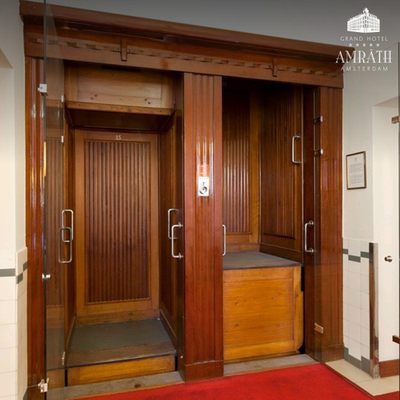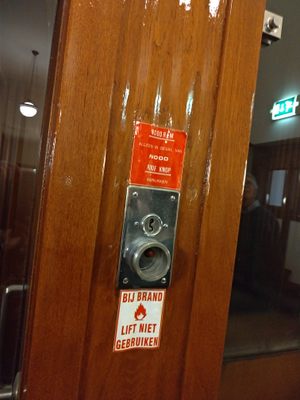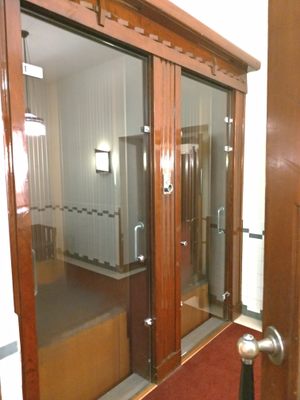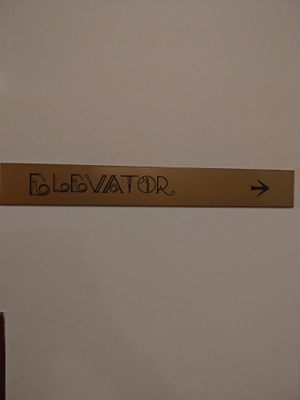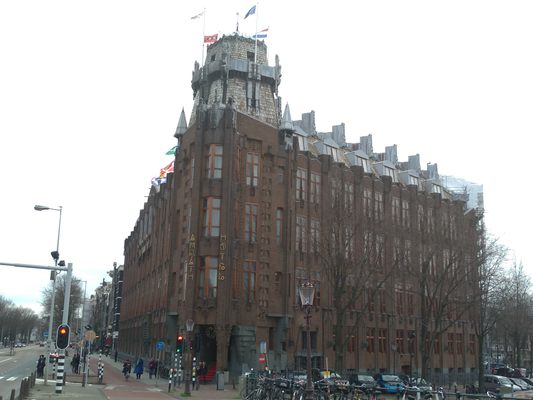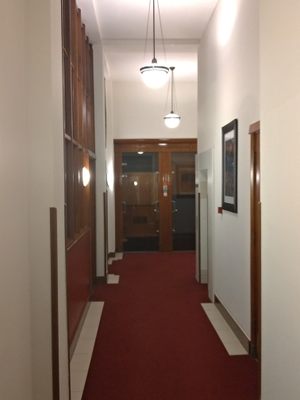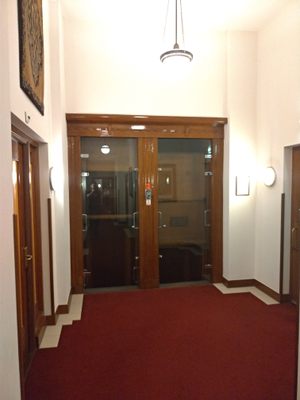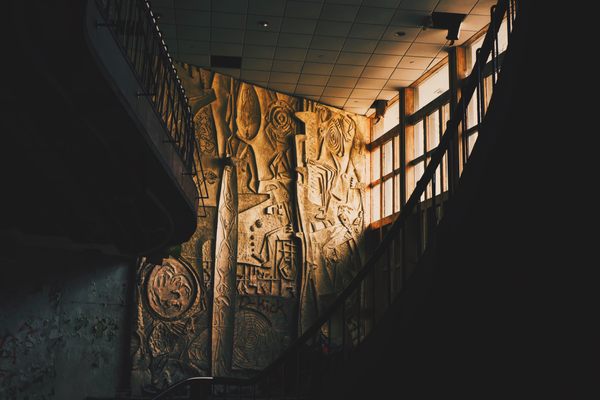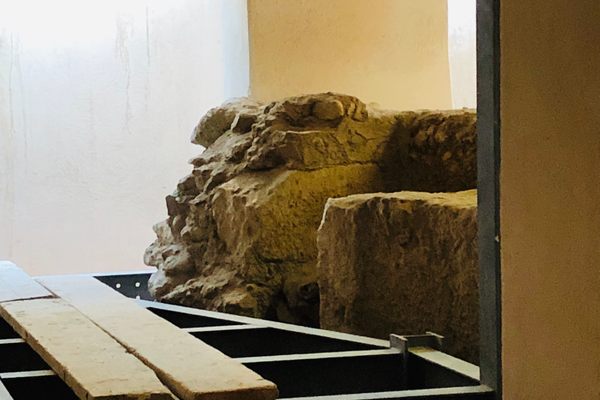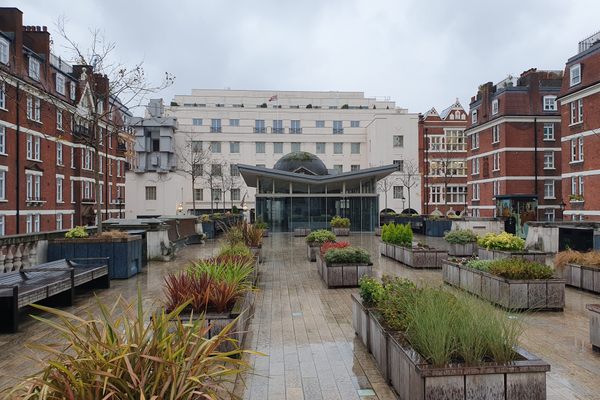About
Elevators were once a symbol of wealth and technology, allowing people to travel up and down without the effort of using stairs. The king of elevators in those days was the paternoster lift, an ever-moving chain of elevator cabins that didn't stop or slow down.
Invented in the 1860s by Peter Ellis, paternoster lifts were revolutionary for their time, as they drastically reduced the travel time between offices and departments scattered across various levels. The lifts were mainly popular in Europe, though today, very few still exist.
The lift in Amsterdam’s Grand Hotel Amrâth was installed in the 1910s when the building was built. The building was symbolically built on the spot where Cornelis de Houtman first sailed to the East Indies, which is fitting given the structure’s intended purpose.
The building was originally constructed as an international office for a group of shipping companies, including the famous VOC. It was meant as a place to buy tickets for crossings, order or sell cargo, and for sailors to collect their wages. Therefore, it was prudent to have a fast way to traverse the floors.
Today, the lift is still in motion, but all doors are sealed off with glass. There are two elevators back to back in the building.
Related Tags
Know Before You Go
The lift is still in motion, but all doors are sealed off with glass. It is not possible to enter it but you can look at it. Access to the hotel is free, and the reception will usually let you in to take a look if there is not a big banquet or something happening. There are also weekly tours provided by the hotel that go past the elevator.
Published
January 31, 2019
